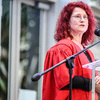5 questions with Hafeni Mthoko
01 December 2019 | Story Lisa Boonzaier. Photo Michael Hammond. Read time 3 min.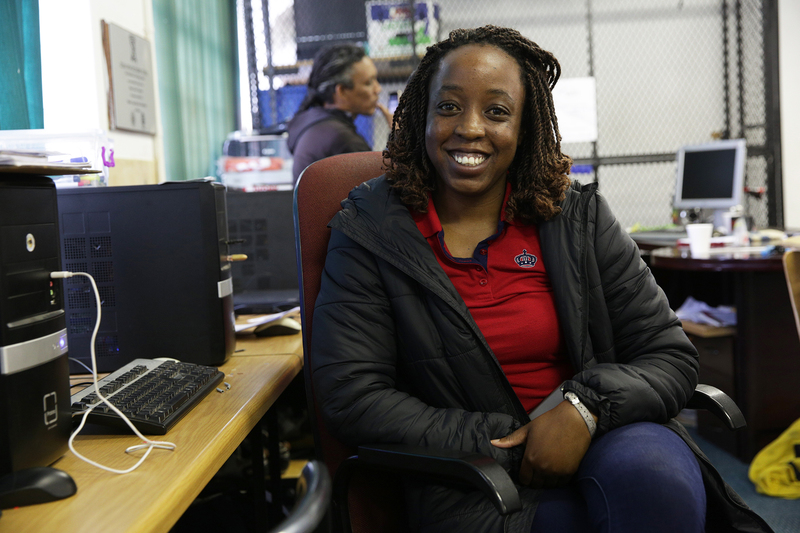
As a postdoctoral researcher in information systems, Dr Hafeni Mthoko aspires to go beyond the boundaries of her discipline to explore how information systems and technology can support the social sector. She is based at the University of Cape Town’s (UCT) Centre in Information and Communications Technologies for Development (ICT4D).
1. What is the difference between information systems and information technology?
At a basic level, information systems combine information technology with people and processes to address a problem and achieve a desired goal. Therefore, it covers a broad spectrum of areas beyond the information technology itself.
“Why not use information systems to better mine, create and disseminate information suited to this context to address the challenges we face?”
2. Why are information systems important in an African context?
Information is all around, and yet, there is untapped knowledge within the African context. Why not use information systems to better mine, create and disseminate information suited to this context to address the challenges we face?
3. Can you describe your research in simple terms?
Currently, I am trying to understand broadly how people access and disseminate information: what communication mediums do they rely on and to what extent does that understanding facilitate the design of locally relevant communication innovations that support the achievement of community goals and strengthen community cohesiveness. For example, I have been focusing on health promotion in a township community in Cape Town and how to improve health communication activities there.
“I don’t have to have all the answers on the first day, if I did then it wouldn’t be research.”
4. How can information and communications technologies (ICTs) help foster social change?
ICTs as tools open easier and different avenues for communication and information flow. This can influence our social interactions for good or bad. Such access to information and knowledge can – if used meaningfully – facilitate better decision making, problem identification and action in response to social challenges.
5. What is the best piece of advice you’ve received as a young researcher?
My work doesn’t have to be perfect, but it does have to challenge the boundaries of existing knowledge. So I should be easy on myself and embrace the process one step at a time: I don’t have to have all the answers on the first day, if I did then it wouldn’t be research.
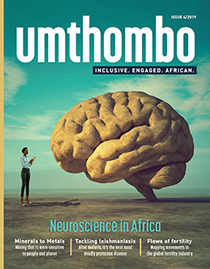 This story was published in the fourth issue of Umthombo, a magazine featuring research stories from across the University of Cape Town.
This story was published in the fourth issue of Umthombo, a magazine featuring research stories from across the University of Cape Town. Umthombo is the isiXhosa word for a natural spring of water or fountain. The most notable features of a fountain are its natural occurrence and limitlessness. Umthombo as a name positions the University of Cape Town, and this publication in particular, as a non-depletable well of knowledge.
Read the complete fourth issue online or subscribe and receive new issues in your inbox every few months.
 This work is licensed under a Creative Commons Attribution-NoDerivatives 4.0 International License.
This work is licensed under a Creative Commons Attribution-NoDerivatives 4.0 International License.
Please view the republishing articles page for more information.
Research & innovation
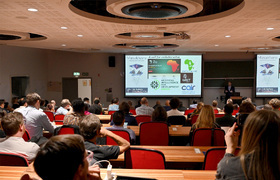





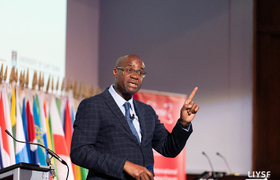



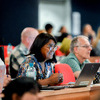
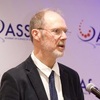





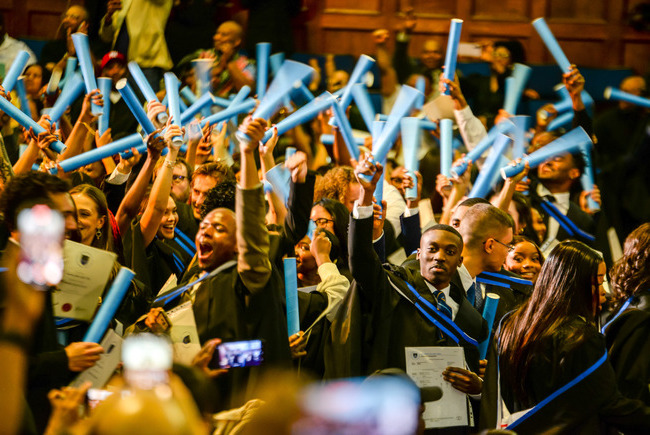
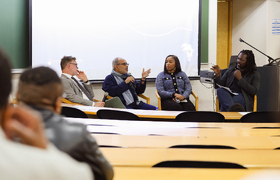

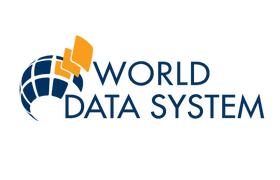

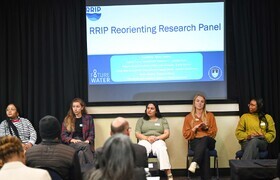


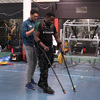

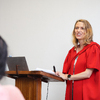



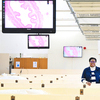
.jpg)



